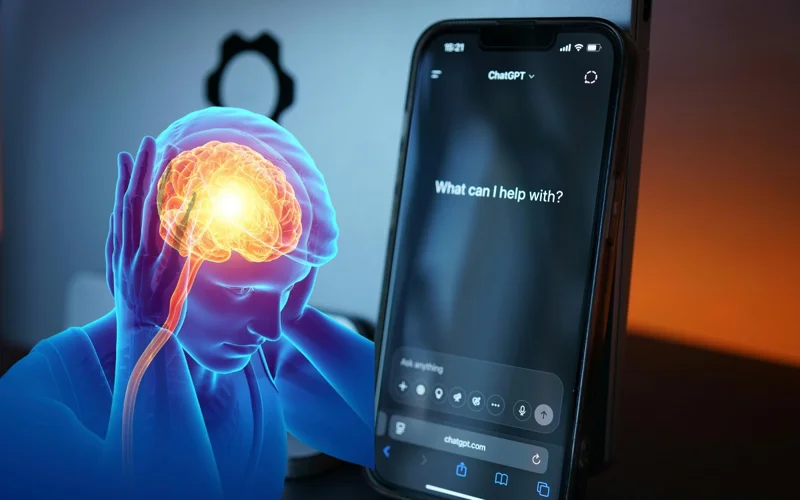OpenAI reworks ChatGPT’s approach to mental health and tough choices
OpenAI has introduced a series of updates to ChatGPT aimed at improving the model’s responses to emotionally complex situations, personal decision-making, and time management, Kazinform News Agency correspondent reports.

According to a statement published on the company's website, the update also expands the use of ChatGPT Agents, which can now help users complete everyday tasks like booking appointments, summarizing emails, or planning events without being in the app.
Additionally, the update includes reminders encouraging users to take breaks during prolonged sessions. Furthermore, the company is “developing tools to better detect signs of mental or emotional distress so ChatGPT can respond appropriately and point people to evidence-based resources when needed.”
One of the key changes to the model involves a new approach to sensitive questions, which will no longer provide direct answers to high-stakes personal questions.
“When you ask something like ‘Should I break up with my boyfriend?’ ChatGPT shouldn’t give you an answer. It should help you think it through-asking questions, weighing pros and cons. New behavior for high-stakes personal decisions is rolling out soon,” the message reads.
These adjustments are intended to improve support for users in vulnerable situations, including those experiencing uncertainty or emotional difficulty.
“To us, helping you thrive means being there when you’re struggling, helping you stay in control of your time, and guiding—not deciding—when you face personal challenges,” the company wrote.
OpenAI added that the changes were developed in collaboration with more than 90 medical professionals from over 30 countries, including psychiatrists, pediatricians, and specialists in human-computer interaction.
Earlier, Kazinform reported on concerns about the mental health impact of chatbots that mimic famous figures, particularly on emotionally vulnerable users.
